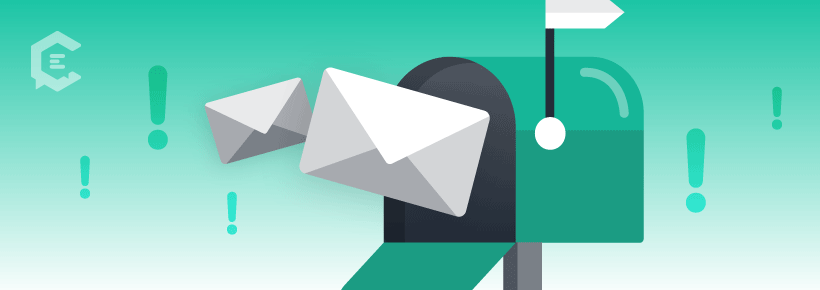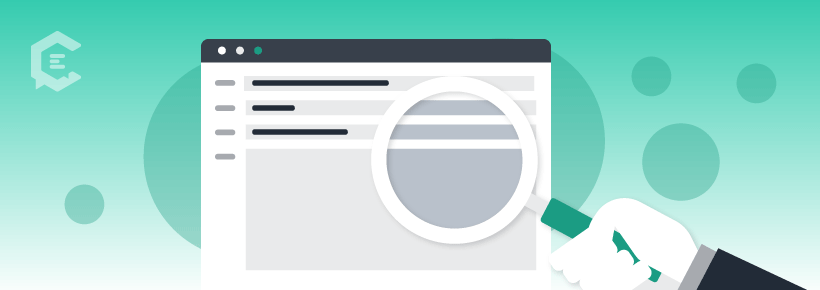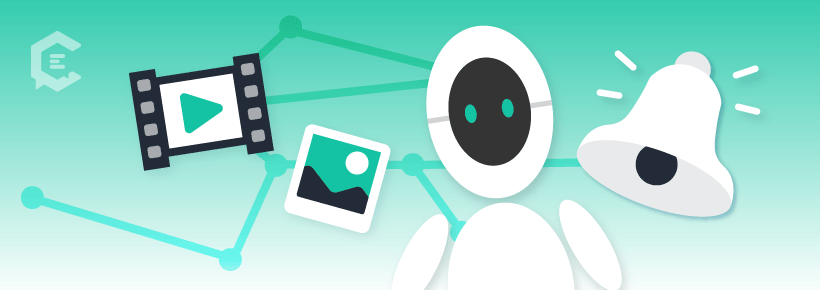Email deliverability continues to be a challenge for many marketers — both for those directly responsible for sending emails and those relying on email marketers to distribute their content and generate leads and sales.
As artificial intelligence (AI) becomes less of a “buzz” term and more of a reality, more and more businesses are leveraging platforms with AI-enabled features and capabilities to help streamline and improve performance and outcomes of many marketing initiatives, including email deliverability.
There are many tools available today that are designed with AI capabilities to help marketers not only improve content and email performance rates. For example, Microsoft released its new Dynamics platform during the summer of 2019.
The role of digital transformation
All in all, AI is a huge driving force behind the digital transformation era — and analytics are at the forefront. Today, we operate in a business world driven by numbers and data. As a result, data plays a huge role in decision-making. And one of the primary roles of AI is to capture, organize, and analyze data.
AI and business intelligence software make it easier for marketers to capture and leverage data in new and creative ways. Marketers and managers have been using “big data” for some time, however, digital transformation and AI have kicked this up a notch, allowing them to rely on numerical data for managing and analyzing email marketing campaigns.
Artificial intelligence and marketing
AI is already a part of our daily lives. Think Alexa, The Nest, and Google Maps. These are small yet powerful examples of how AI has already reshaped our daily lives. In fact, 80 percent of what we do today will be automated with AI in the not-too-distant future.
AI has also started to reshape the world of marketing. Unfortunately, many marketers and businesses are hesitant to embrace AI for fear of losing their jobs.
However, AI has proven to provide businesses and marketers with the following benefits:
- Drive business value
- Reduce operations costs
- Enhance and personalize the customer experience
- A/B testing
- Write and optimize email subject lines
- Automate small, repetitive tasks
- Customer segmentation
- Capture and analyze large amounts of data
4 Ways AI can help improve email deliverability
Most B2C content marketers rely on email marketing for connecting with leads, prospects, and customers. In fact, the majority of marketers claim that email newsletters are their most important type of content for securing, nurturing, and converting leads.
Here are some examples of how advertising and marketing experts can leverage certain tools and AI-enabled capabilities and features to not only capture accurate data related to leads and prospects but also make their jobs easier and increase email deliverability.
1. Check email spam scores.
As we mentioned above, Microsoft launched its new Dynamics platform in 2019. One feature that has proven useful to marketers is the ability to check an email spam score prior to scheduling an email.
The spam score feature uses AI to analyze the content of each marketing email message. Then, it generates a score that predicts how likely the message will be caught by spam filters.
This spam score feature works in two ways:
Automatically: Users can conduct a spam check automatically when crafting an email. Spam score results are classified as high, medium, or low, and are grouped together with the error results, which the tool also does automatically.
Overall, the lower the score, the better. If you receive a high or medium spam score, then this is an indication that you should revise or adjust your content.
Manually: You can check your email spam score at any point while you are designing or writing your email. This feature also provides you with information on some issues that may increase your spam score or error results. This way you can be proactive with making adjustments to your email prior to scheduling delivery.
2. Test email subject lines.
As a marketer, you likely know that one of the biggest pain points of email marketing is crafting that perfect subject line. Even the best writers struggle with this on occasion.
The good news is there are a number of tools you can leverage to help you craft an email subject line that boosts open rates — every time. The best part? Most of these tools are free.
Email Subject Line Grader by Net Atlantic tells you how compelling your subject line is by testing the overall effectiveness of the copy and total word count. It also provides you with suggestions on how to improve your copy and subject line.
3. Analyze headlines.
The Headline Analyzer by ShareThrough essentially tests overall copy effectiveness, word balance, word count, the presence of keywords, and even sentiment. By dropping a headline into the tool, it will provide you with a score as well as tips on how to improve content structure, grammar, and even word placement.
Not only can this tool help with crafting solid email subject lines, but it can also be used to analyze headlines for landing pages and blog articles. This is a favorite tool used by many content creators already — and it’s free.
4. Segment lists.
If your leads lists are disorganized or mismanaged, then segmenting audiences can be a giant, painful headache for marketers. However, by leveraging AI-enabled tools, you can set various triggers, such as when a lead, prospect, or customer fills out a form, downloads a gated asset, or completes the onboarding process.
ZoomInfo is one tool that can help with customer and list segmentation. Marketers can set multiple filters, triggers, parameters, and segments with ZoomInfo’s Workflows feature. ZoomInfo can also be integrated with other sales tools and CRMs for a complete automated solution.
Why marketers should embrace AI in 2020 and beyond
Are you intimidated by artificial intelligence? If so, we get it. After all, humans biologically think in a linear path; therefore, it is difficult for us to really grasp the concept of AI. And, yes, marketers may be worried that it will take over their jobs.
However, businesses and marketers who embrace AI in content marketing will have a distinct advantage over those who don’t. As we explained in the beginning of this article, artificial intelligence has already proven its worth: driving business value, reducing costs, and improving the customer experience. As we head into 2020, customer personalization will become even more important.
Studies have also shown that only 18 percent of companies have adopted or leveraged AI in their strategies and operations. So, regardless of your knowledge or experience level with it, you aren’t behind the eight ball. As we explored in this article, AI can certainly help marketers increase and improve email deliverability as well as the overall effectiveness of any email marketing campaign.
All in all, leveraging AI for emails is just one example of how marketers can take advantage of AI. The digital transformation horizon is bright, promising many opportunities for marketers and businesses.







